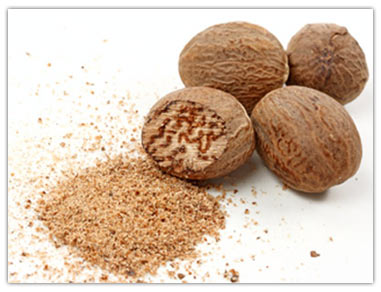You know you’ve been in Japan too long when your mother sends you a bottle of nutmeg spice for Christmas, and a Japanese person asks what it is, upon which you immediately answer, without having ever heard what the spice is called in Japanese, “This is nutsmeg, which is great in warm milk.” For some inexplicable reason of phonetics, some English words are imported into Japanese in their plural forms. Words like shirt, suit, swimsuit, peanut, and sport always appear with the ‘s’ sound on the end, even if you’re discussing the word in its singular form. In Japanese, one refers to a suitcase as a suitscase, and it takes the brain a few months to get over the weirdness of this — ditto for learning to ask for peanuts butter or watching the Fruits Basket anime. There seem to be three reasons for some English words being mapped to their plural versions in Japanese. First is the rather convenient lack of singular/plural in Japanese grammar — saying hana ga kirei means either “the flower is pretty” or “the flowers are pretty” depending on how many flowers you happen to discussing. Also, the softer ‘tsu’ ending on the plural forms is easier for Japanese to pronounce than a hard ‘t’ consonant sound. Finally, converting some words to their plural forms also avoids the dreaded L/R confusion that can be a problem in the language. Because “fruit” and “flute” would have the exact same pronunciation when rendered in katakana, the writing system used for expressing foreign loan words, the musical instrument became furu-to and the edible stuff became furu-tsu.

There’s nothing like fresh nutsmeg in warm milk, mmm.














